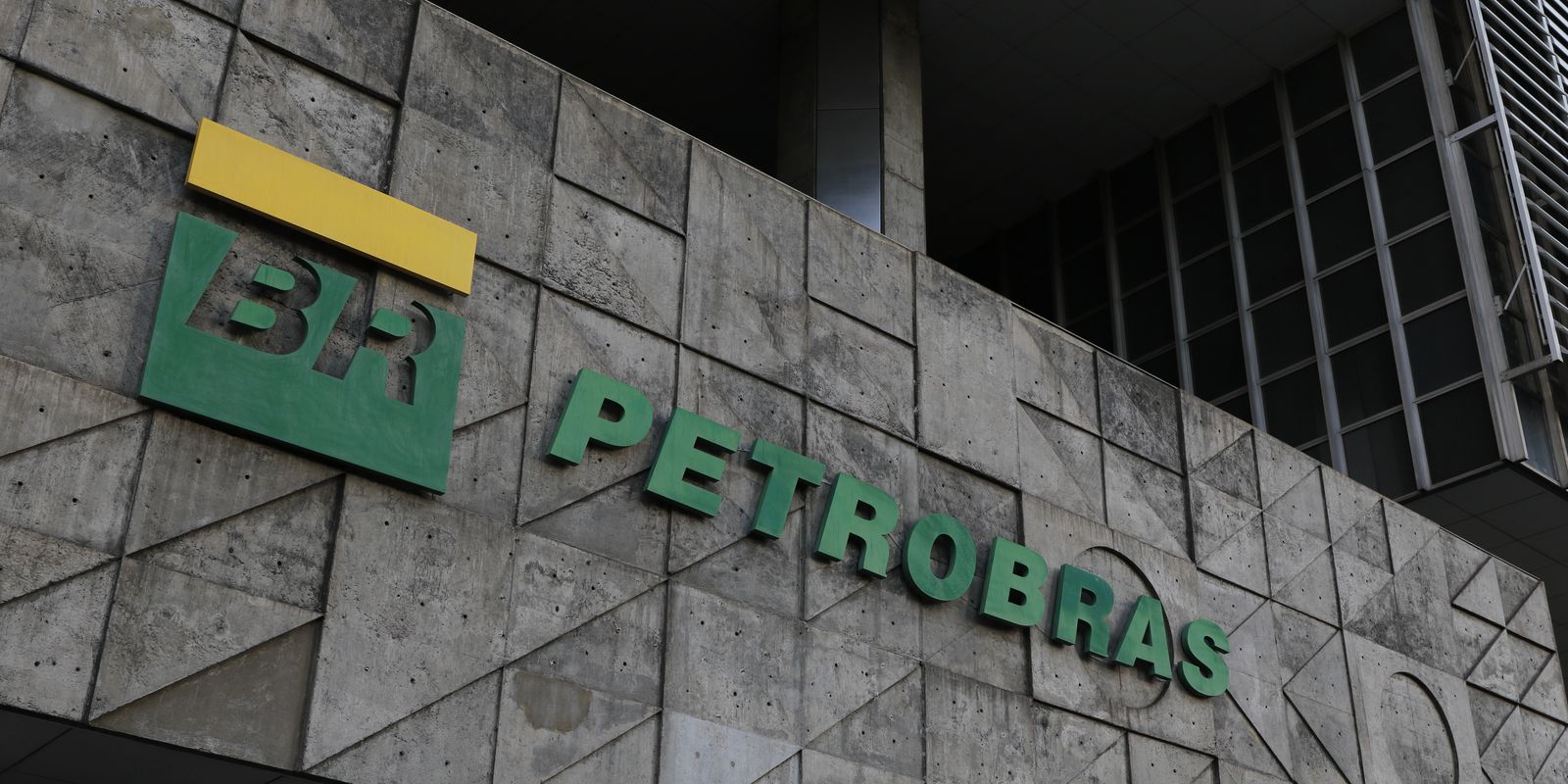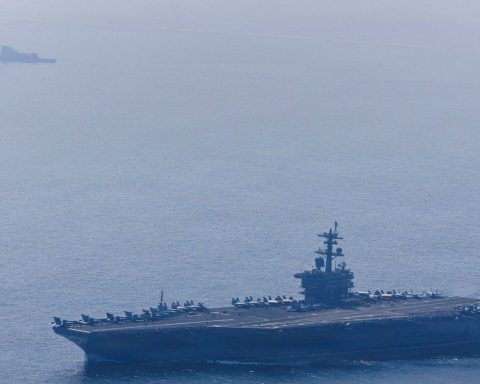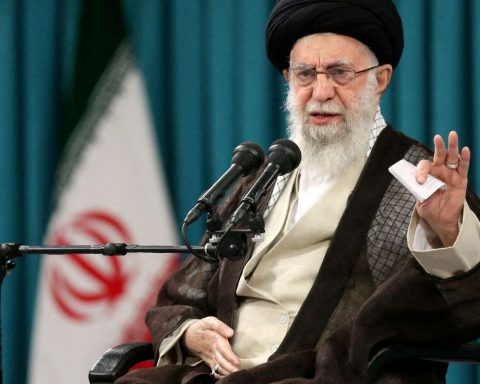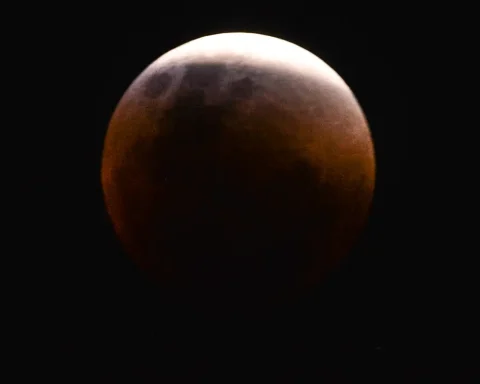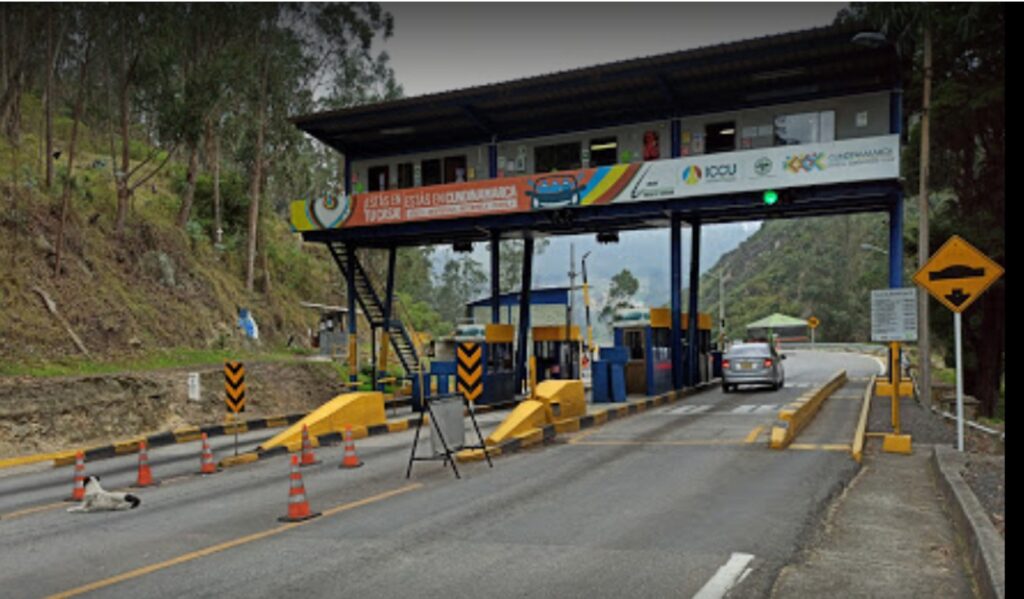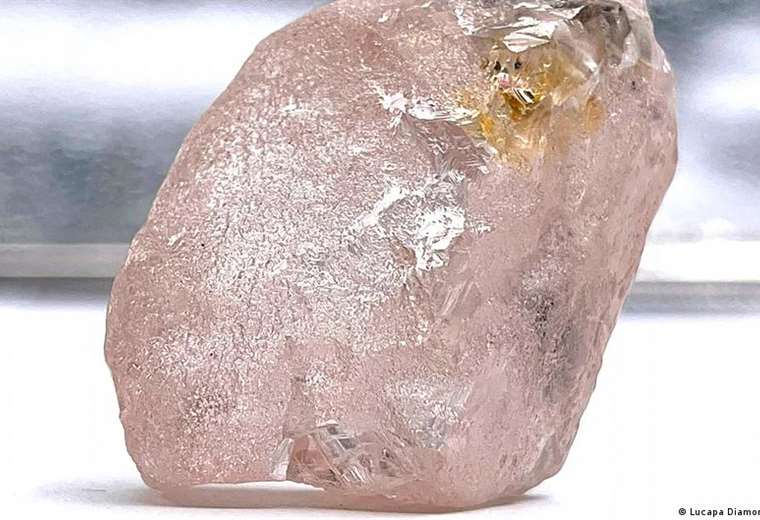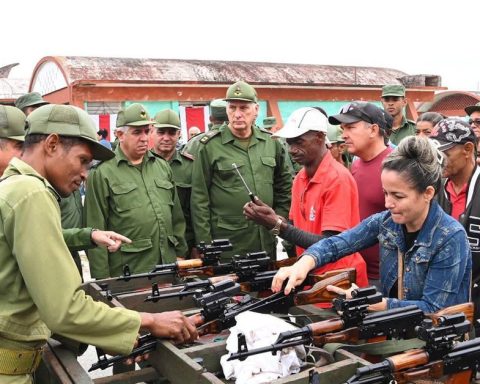The director of Commercialization and Logistics at Petrobras, Cláudio Matella, said today (29) that the dynamics that affect the prices of gasoline and diesel are different. According to Matella, the two fuels respond in the opposite way to seasonal changes.
“In the summer season in the Northern Hemisphere, gasoline consumption goes up a lot, and prices are higher. Now we are going to the end of the year. In the case of diesel, we cannot say the same thing. The scenario remains very stressed in the international market. Unlike gasoline, whose inventories are normalized, diesel inventories are well below the historical average in the world. And additionally, from now until the end of the year, with the approach of winter, the tendency is for prices to strengthen”, he said.
On Thursday (28), Petrobras presented the operating and financial results for the second quarter of this year. Today, the directors of the state-owned company answered questions. Mastella was asked if there was a forecast of a drop in diesel prices as has been happening with gasoline. In ten days, Petrobras announced two reductions in the sales value of gasoline to distributors.
Although he pointed out the difference between fuels, Mastella did not make a forecast for diesel and said that the state-owned company does not speculate on prices. According to him, the market is monitored, and the scenario is constantly being evaluated, with upward or downward adjustments when changes are observed.
In the balance of the second quarter, Petrobras recorded net profit of BRL 54.3 billion. The result was attributed to strong cash generation, reflecting the operational performance and the increase in the oil market price. THE full report is available on the Petrobras website.
equatorial margin
The directors of the state-owned company also shared information about the status of some ongoing projects. Drilling for oil exploration in deep waters at the mouth of the Amazon River, off the coast of the state of Amapá, is expected to begin in November. The licensing process is in progress.
“It is now up to Petrobras to demonstrate, in a simulated pre-operational assessment, that the resources to contain any leakage are efficient. Ibama [Instituto Brasileiro do Meio Ambiente e dos Recursos Naturais Renováveis] monitors and issues the license”, said Exploration and Production director Fernando Borges. He informed that the simulation should take place in October. “We will be fully prepared to start the operation afterwards. To carry out the simulation, we will already have all the necessary equipment: a drilling rig contracted for ultra-deep waters, six vessels to support operations offshorethree aircraft and one fixed-wing aircraft,” he added.
The place where the drilling will be carried out is 160 kilometers from the Brazilian coast and 40 kilometers from the border between Brazil and French Guiana. Leaving the Port of Belém, it takes 48 hours of navigation. According to Borges, Brazil is behind in efforts to reveal the oil potential of its equatorial margin. There is great expectation in the face of findings in Guyana and Suriname. Petrobras foresees 14 new drillings in the next five years, with a budget of US$ 2 billion.
“We have, for example, Exxon producing 340,000 barrels a day of oil in two units in Guyana. Petrobras is betting big that we will discover oil and have a new region that produces and generates wealth for society,” said Borges. .
pipeline
Another ongoing project, Rota 3, aims to expand the flow of natural gas from projects in operation in the pre-salt area of the Santos Basin. It involves a 355 kilometer long gas pipeline. There are 307 kilometers of maritime stretch, including deep waters and shallow waters, and another 48 kilometers of land stretch to Itaboraí, where the GasLub Pole, formerly called the Rio de Janeiro State Petrochemical Complex (Comperj) is located. A natural gas processing unit will be built on site. The original execution schedule, however, is delayed.
According to the director of Production Development, João Henrique Rittershaussen, the gas pipeline is already complete, but there were problems with the works of the natural gas processing unit, and the completion of the project in 2022 is no longer possible. In addition to suffering delays due to the impacts of the covid-19 pandemic, construction was paralyzed, and employees were dismissed by a unilateral decision of the company responsible for the execution.
Negotiations are underway to terminate the contract. Rittershaussen said that Petrobras has yet to decide how it will complete the project. “We are redoing all the planning, and we still don’t have a firm date,” he said.
